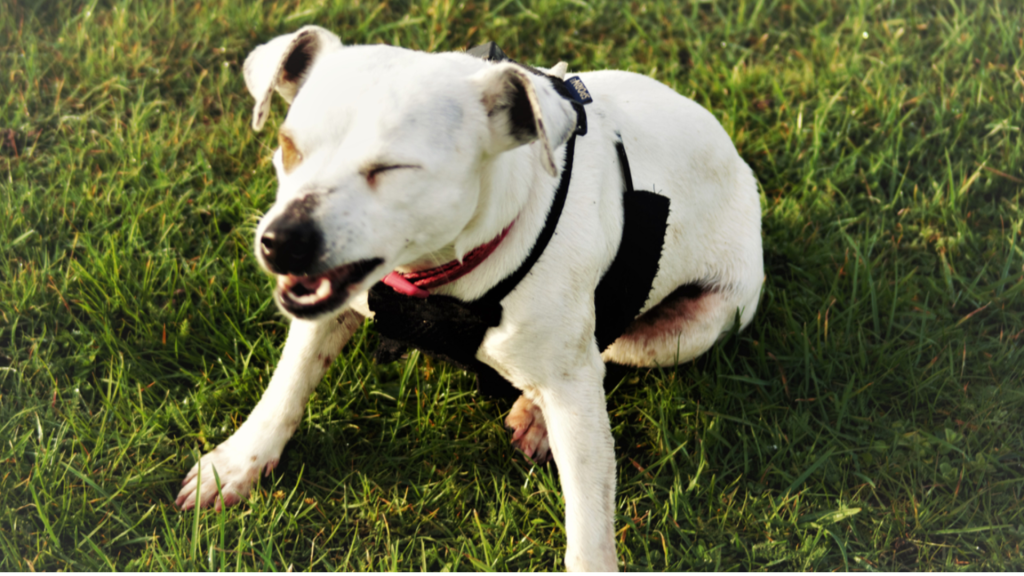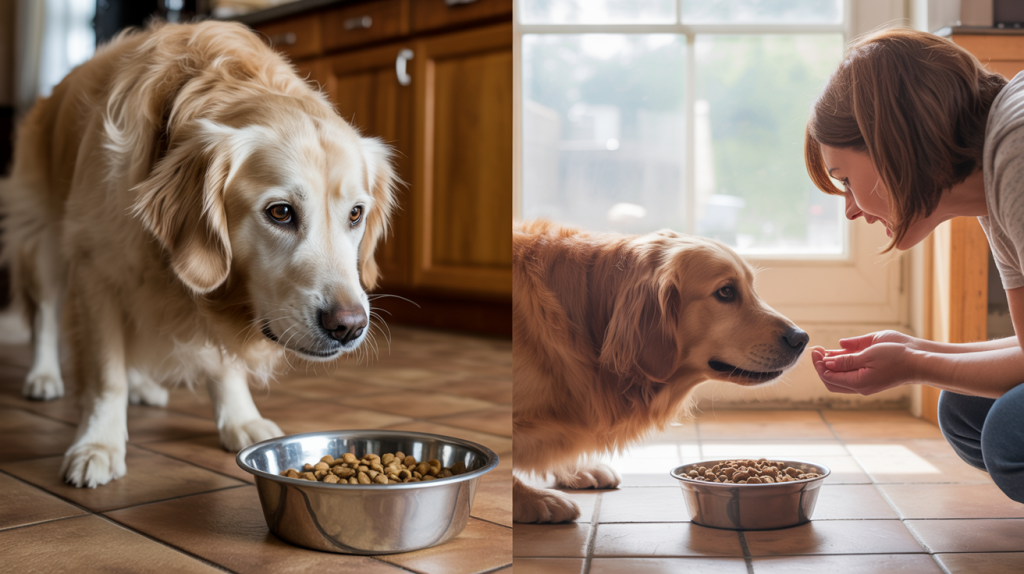Keeping your dog healthy begins with competent, consistent care, especially in the early stages. If you’ve ever felt unsure about when to vaccinate or deworm your pup, you’re not alone.
Many dog owners wonder what’s needed and when. The truth is, timing matters more than you might think. That’s why this guide exists.
We’ll walk you through what to know during those early weeks, as well as how to stay on track as your dog grows.
If you’re a brand-new pet parent or just looking to double-check your routine, you’ll find helpful timelines and tips to guide your decisions.
Why Are Dog Vaccination and Deworming Essential?
Vaccinations are vital because they help your dog build immunity against serious and often deadly diseases, such as parvovirus, canine distemper, adenovirus (hepatitis), and rabies.
These illnesses can spread quickly and be fatal, especially for puppies, so starting vaccinations early and keeping up with boosters is crucial for long-term health.
Deworming is just as important. Intestinal parasites, such as roundworms, hookworms, and tapeworms, are common in dogs and can easily spread to other pets and even humans.
Regular deworming helps remove these parasites, supports healthy digestion, prevents poor appetite and stunted growth, and keeps your home safer.
Following a consistent vaccine and deworming schedule helps your pup grow strong and stay protected.
Puppy Vaccine and Deworming Schedule

Puppies are born with some immune protection from their mothers, but that fades quickly.
That’s why a consistent puppy vaccine and deworming schedule is essential between birth and 16 weeks. Here’s what you need to know:
Birth to 6 Weeks
Deworming begins early to protect newborn puppies from common parasites.
- First deworming usually starts at 2 to 3 weeks of age
- Breeders or shelters often use pyrantel pamoate
- Focus is on roundworms and hookworms
Vaccines aren’t needed yet, as the mother’s antibodies still offer natural protection during this stage.
6–8 Weeks
This is when your puppy’s basic health care begins.
- First DHPP shot for distemper, hepatitis, parvovirus, and parainfluenza
- First full round of deworming for roundworms and hookworms
- Start routine vet checkups to track growth and development
It’s a critical stage to lay the groundwork for a healthy life ahead.
10–12 Weeks
Your puppy’s immune system gets another boost at this stage.
- Second DHPP shot to strengthen protection against core diseases
- Optional Bordetella vaccine if your pup will be around other dogs
- Another round of deworming to continue parasite prevention
This step helps build a stronger immune system and keeps your puppy on track for a healthy start.
14–16 Weeks
This marks a key milestone in your puppy’s early care routine.
- Third DHPP shot to complete the initial vaccine series
- Rabies vaccine, which is often legally required
- Final deworming, possibly targeting tapeworms and whipworms
These treatments help ensure your pup is well-protected as they grow into adulthood.
Tip: Deworming typically begins at 2–3 weeks of age and is repeated every 2–3 weeks until 12 weeks of age. After that, it is often recommended to do it once a month for 6 months.
First-Year Booster Shots & Deworming
Once your puppy finishes their initial vaccine and deworming schedule, the next step is to stay on top of booster shots and ongoing parasite protection.
Around 12 months of age, your dog will need a DHPP booster and a rabies booster, depending on local laws.
Optional vaccines, such as those for Lyme disease or leptospirosis, may also be recommended based on your dog’s lifestyle and exposure risks.
Deworming should continue with doses typically given at 6 months and again at 12 months, or as advised by your veterinarian.
Keeping a health record with vaccine and deworming dates is a great way to stay organized and prepared for boarding, travel, or future checkups.
Dog Vaccination and Deworming Schedule for Adult Dogs
After the first year, your dog will move into an adult vaccination routine:
Core Vaccines:
- DHPP booster: Every 1–3 years
- Rabies booster: As required by law
Optional Boosters (Based on Risk):
- Leptospirosis
- Lyme disease
- Influenza
- Bordetella (every 6–12 months)
Deworming for Adult Dogs:
- Every 3–6 months for most dogs
- Monthly (if using combined heartworm + intestinal parasite preventatives)
- More often, for dogs on farms, those that hunt or spend lots of time outdoors
Keeping a vaccination and deworming log helps stay organized, especially for boarding, travel, or future vet visits.
Tips for Staying on Track With Your Dog’s Health
Keeping up with vaccinations and deworming doesn’t have to be stressful. Here are simple ways to stay organized:
- Set reminders on your phone for upcoming boosters
- Keep a pet health record (digital or notebook format)
- Ask your vet to sync vaccines with annual checkups
- Use free apps like PetDesk or Pawtrack to track shots
Being proactive means fewer vet emergencies and a healthier pup in the long term.
Bottom Line
Keeping your dog healthy isn’t just about love; it’s about timing and routine.
Following a proper vaccination and deworming schedule helps protect your pup from dangerous illnesses, starting as early as a few weeks old.
If you’re planning for a new puppy or maintaining care for your adult dog, consistency makes a big impact.
Consult with your veterinarian to determine the best course of action for your dog, taking into account their age, daily lifestyle, and the specific risks in your area. It’s okay to have questions; what matters most is staying involved.
A caring, informed pet parent is one of the best ways to keep your dog safe, happy, and healthy for years to come.









